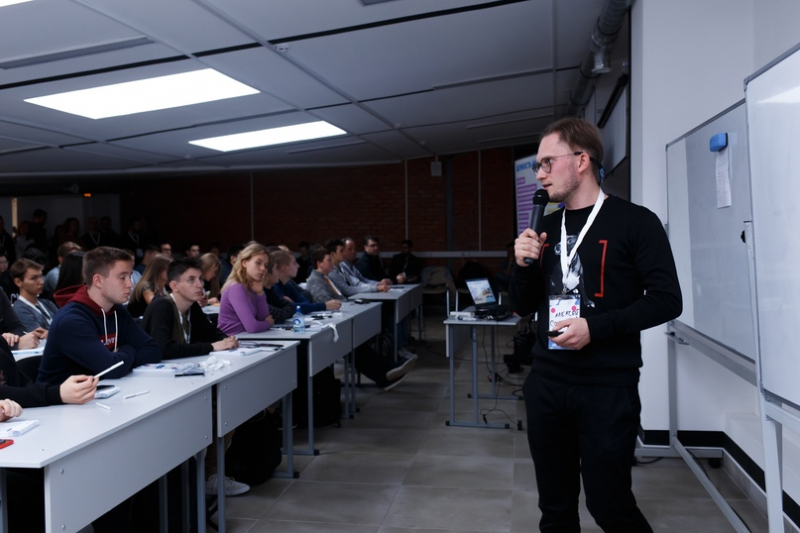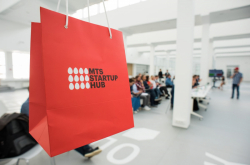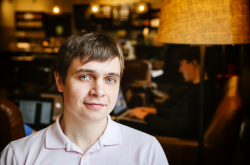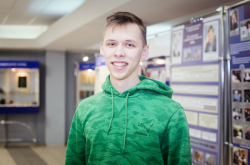This time, Demo Day included a special track developed jointly with MTS StartUp Hub apart from the main program. The track included an educational program with lectures by MTS experts on the 5G technology and its introduction in technological startups, as well as general ones on customer development, marketing and PR.
The special track’s participants were provided personal mentors as well as consultations from MTS legal specialists, product managers and technical experts. Accelerator residents whose solutions utilizing next-gen networks were deemed the best by representatives of MTS StartUp Hub will receive a 500,000 rubles grant for further development and a workplace at the MTS 5G Center in Moscow.
The general track also had its prizes: the winners got an Apple TV Gen 4 media player and a room at a coworking space for three months, while the participants who got 2nd and 3rd places got a room for two and one months, respectively. Also, the three finalists will receive personal consultations from leading experts of the Helsinki Center on bringing their product to the global market via Finland.
The members of the jury, among whom were venture entrepreneurs, entrepreneurs and mentors, assessed the projects according to several criteria: uniqueness and novelty, the sophistication level of their business model, their commercial potential, and the team line-up.
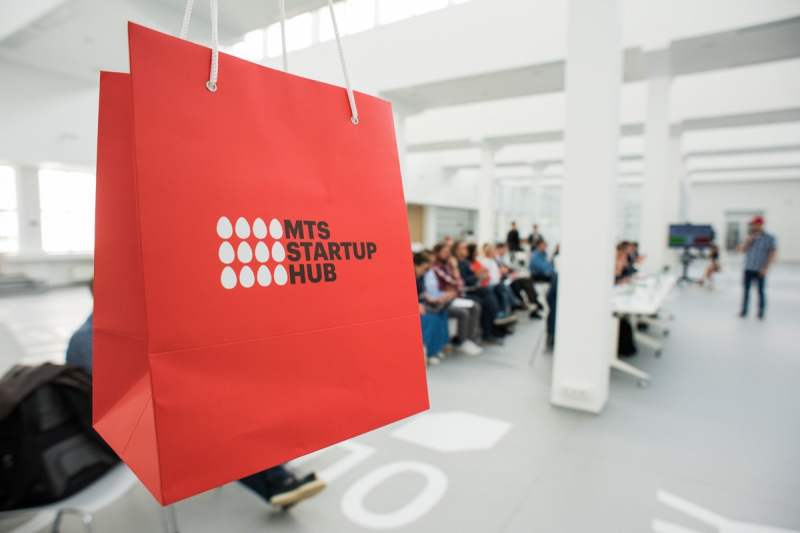
The first place went to project OverPRO, an esports tournament platform with bets where amateurs can compete with professionals and improve their skills. The jury’s members gave the highest mark to the project’s team which consisted of its founder Amir Tomashvili, and Andrey Rovniy, the project’s chief technology officer and a team lead at Wargaming.
The second place was a tie between projects Labmap and Scanface. Labmap is a service for storing and processing of medical tests with the use of AI with clients from the CIS countries and Europe. ScanFace is a former resident of ITMO’s pre-acceleration program, an app for facial psychodiagnostics and a personal mental wellness assistant. Another pre-accelerator graduate, BuildDocs, got the third place.
ITMO.NEWS talked to Demo Day’s participants and winners about their impressions.
Aleksey Solomatin, the head of the ITMO Accelerator
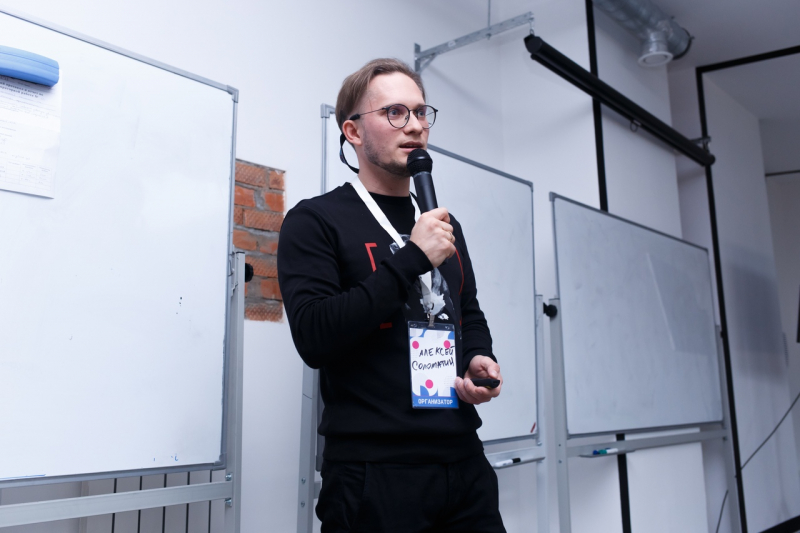
We believe that the program was a success. We had to quickly change the format to online, but that didn’t hinder the accelerator’s operation. We succeeded in organizing the topical webinars in full volume, so we decided to make use of the online format in addition to offline even when all the restrictions are eventually lifted.
This was the first time that we did a joint track with some other company, especially such a big one as MTS – so it was a serious challenge. We think that we did good, and there are prospects for our projects and their further development.
Denis Panasenko, the head of MTS 5G Center
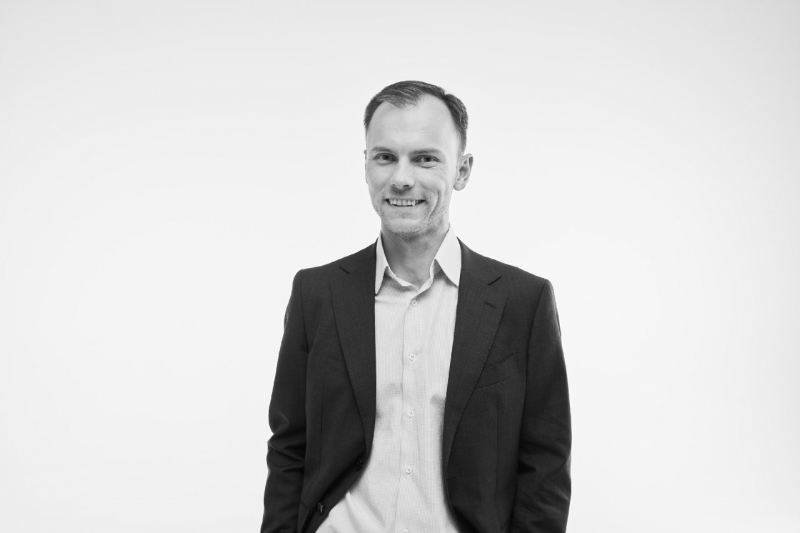
We got a positive impression: we did what we planned, picked a specific number of projects for participation in the 5G incubator. At the same time, we made use of resources provided to us by ITMO University’s accelerator. So we got a mutually beneficial collaboration where projects are accelerated and then the teams pilot their projects at the corporation.
As for the projects, I’d say the selection was very interesting and diverse. There were very technological projects, with unique technologies, gyronautics, for instance. And projects that already have a keen understanding of their projects’ applications, that are business-oriented. The participants got involved very actively, we saw that they work and conduct customer development.
From the standpoint of business and the product aspects, the presented projects correspond with the fields that we work on at MTS, especially the ones that are associated with b2b, the products that MTS develops in the field of industry, IT. In these cases, we see great prospects for creating products. However, there is still a lot of work to be done, as these products have to be finalized, and business models – clarified. But the projects are very promising.
I believe that on the whole, the experience was very good: we attracted additional projects to our incubator, established relationships with ITMO’s accelerator, and set up the process – now we know how to optimize it. I think that we’ll be using this collaboration format in the future, as well.
Konstantin Homchenko, a “tracker” mentor at the ITMO Accelerator
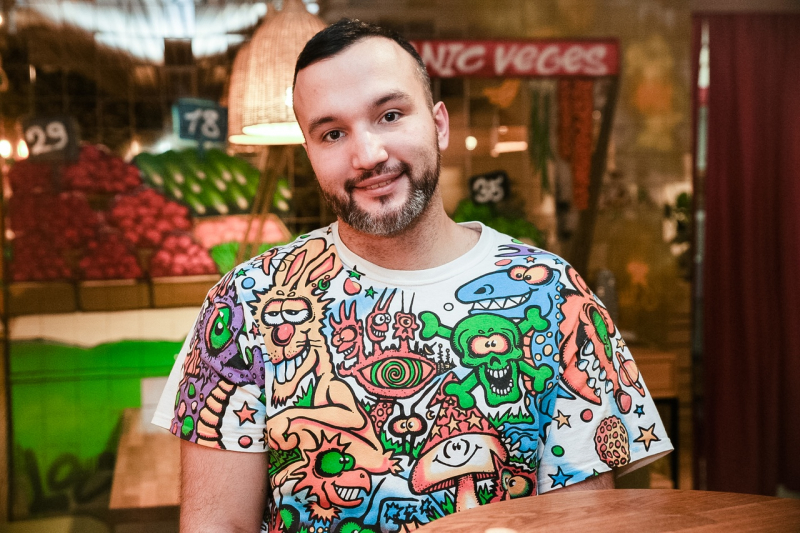
Everything went well and all participants were well-prepared. Sure, it lacked the atmosphere, the energy of a live meeting; nevertheless, all participants watched the presentations of other teams, cheered for them. We succeeded in establishing the relationships with experts in such a way that they voted in a timely manner. The grades were given instantly – a lot faster than it happens offline. In this sense, the Demo Day went perfectly – a great experience that can be repeated. There were some technical issues, but we solved them.
I think very highly of the finalists’ projects: the first place went to a project on esports, which I believe to be a very interesting field. and this victory is well-deserved.
It was interesting to watch how the projects changed as they were worked on at the accelerator: some made it to regular sales, some only started to sell. In any case, this was a great experience for participants, and mentors, as well: to make use of their skills via giving recommendations to projects, communication and mentorship.
Maksim Zaikin, main track mentor
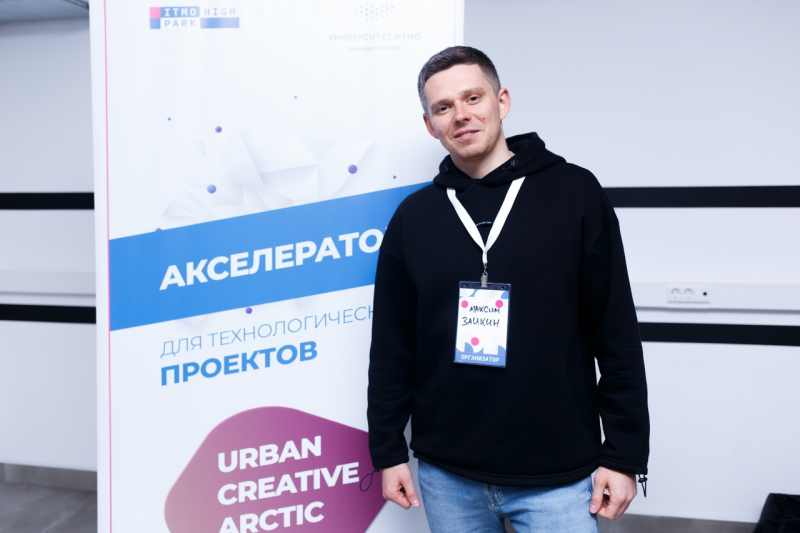
It seems to me that the pandemic sped up the communication and optimization processes, because communicating online is far more effective than meeting in person. And personal meetings have become more important, more meaningful. I think that some projects benefited from this situation.
I had eight projects and two of them “died” – couldn’t substantiate their hypotheses and the value of their products. Three made it to the top.
It’s very good that ITMO took in not only its students’ projects, but other startups, as well. This set a different dynamic, as some of the projects already had high traction and sales. This gave a different viewpoint of the accelerator: even the attracted investments were already on the federal level. And on the whole, the projects’ level was a lot higher, as the selection was greater.
ITMO is the first university to conduct such a large-scale level, and this is a milestone event for the Russian startup industry. The new generation of entrepreneurs is currently growing, and it’s great that the university helps them with their projects. I encounter many projects that were founded by ITMO graduates.
Amir Tomashvili, founder of OverPRO
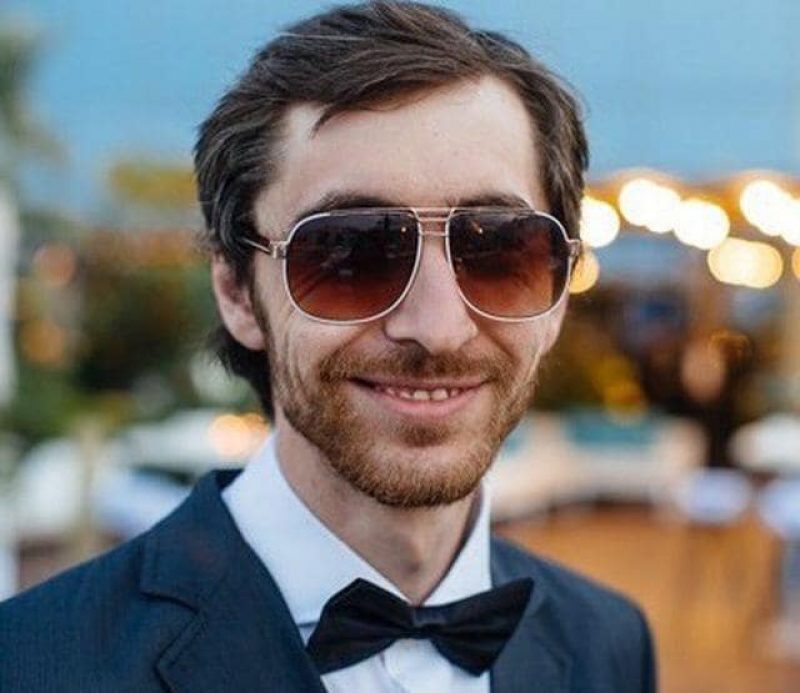
We’ve already participated in an accelerator by MTS, in which we also made it to the finals and conducted a pilot CS:GO tournament. This was very cool, but if we were to compare the actual results, working with a mentor from ITMO University was more productive for the project. So I want to express my gratitude to our mentor Maksim Zaikin, as thanks to him, we succeeded in attracting investments, assembled a dream team for our project, and are now launching a new initiative that will support our main product in the future. The actual launch will take place really soon.
No need to say that I’m very happy that the jury praised our team so much: we have this indication way ahead of that of other teams. On the whole, if I were to talk about the Demo Day and the accelerator in general, I’d say that I am really impressed by how professionally everything is done. There’s an atmosphere of optimism, so everyone has the anticipation of future victories. And another great advantage is that all of this is free.
Why should entrepreneurs participate in accelerators? First of all, for the mentors: you get to work with entrepreneurs who are ready to believe in your product and offer ways to facilitate its development, ask the right questions and consult you in general.
Secondly, the digitalization of goals: you start to see your results as numbers, and the grades you get from the jury already give you some statistics for analysis. And by studying this statistics, you learn of the strong and weak points of your project. Meeting people is yet another benefit: you broaden your network of contacts, meet those who can help you attain your dreams, and maybe even become participants of your future joint projects.
Maksim Kajina, founder of Labmap
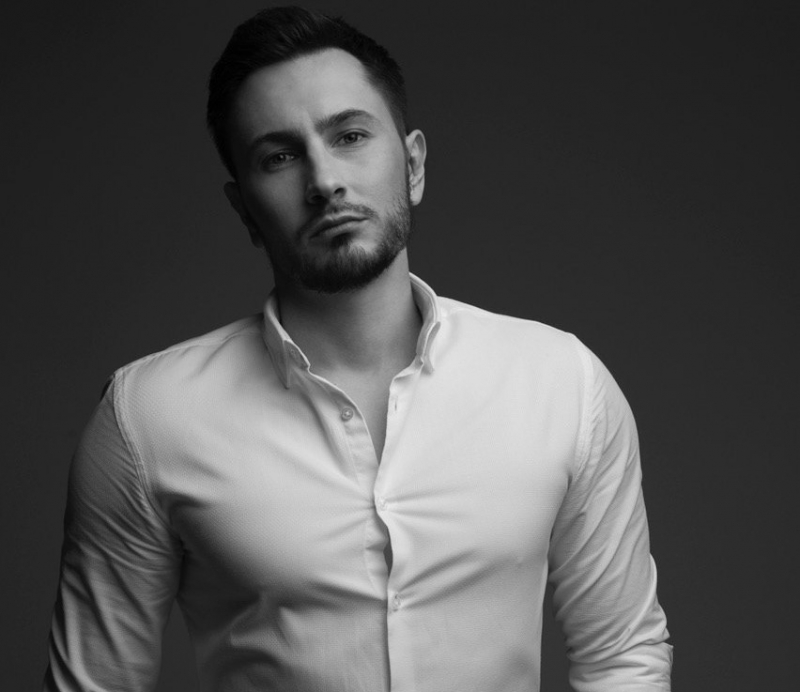
From the very start, I joined the accelerator because of the joint program with MTS. I was interested in getting feedback from the corporation and making a pilot of my project. And it was after I joined that I learned that we won’t be able to use 5G in our project. But we still decided to stay and see what happens next.
By that time, I already had the experience of participating in two acceleration programs, which I quit because I saw no value or use for me in participating. I guess that depends on your project’s development stage.
At this accelerator, the most valuable was our mentor, Maksim Zaikin. He gave us lots of useful information and contacts. Thanks to him, we started to develop a new aspect of our business, uncovering new potential of the project. I am very grateful to him, and happy that we got acquainted. I think we’ll continue to stay in touch after the accelerator, as well.
There were strong projects and those that only had the idea developed, no MVP. But I guess that’s okay for an accelerator, as its key task is to provide the foundation, theoretical foundation included, for projects to grow.
We perceive the accelerator as an opportunity to meet investors and get the necessary contacts. But our main task for the moment is to make more of what we have. We have a working product. And my experience of participating in accelerators shows that they are more useful for projects without a minimal viable product, without money, and we already have all of this, so we have to think where to move on.
Our plans are grand: we are already working in Belarus, Russia, Kazakhstan, Ukraine; we have clients in Europe and the USA. We are currently in the process of entering into agreements with laboratories in Ukraine and Kazakhstan, and we are probing the European and American markets. Our current task is to attract investments, as working on our enthusiasm and self-sufficiency is somewhat hard. We already know how to develop, how we can develop, and what we need is serious support from developers, market specialists – and you need money for that.
Evgeny Buzlaev, founder of BuildDocs
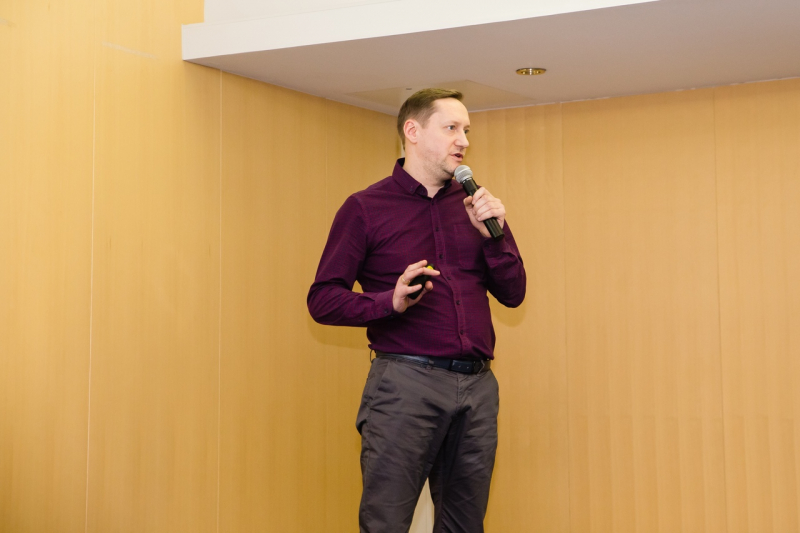
At the accelerator, we actively worked on the sales of our products – and as a result, we understood that there’s no market for digital construction ledgers, and all of our marketing solutions can’t be applied to this kind of situation. We also faced the fact that most real estate developers have units working on software of their own. As we want the market of digital ledgers to grow rapidly, we need partners, so we made the decision to sell the source code, so that there will be several companies contributing to the market’s development. As for us, we are already developing further products, and it will benefit us if there’ll be more of our stack, beneficial for the more efficient sales of our products. As soon as this September, we’ll have a new release, which will revolutionize digitalization in the construction industry.
We made it to the finals of the BuildUp accelerator in Skolkovo, and will be actively working there for the next two months. We also actively participate in pilot projects of the Russian Ministry of Construction.
I think highly of our presentation at Demo Day: we succeeded in communicating all of our ideas during our pitch. The participants’ level has grown, and I hope that it will continue to do so. Taking into account that most of them are students, I can say that they will become good entrepreneurs in the future.
There were very useful webinars at the ITMO’s accelerator, for example those on marketing and sales, and working with the mentor kept us toned, so that we could attain the goals set for the week.
Andrei Lisovitsky, the strategic communications director at FASTEP and Spider Group, graduate of ITMO+MTS track
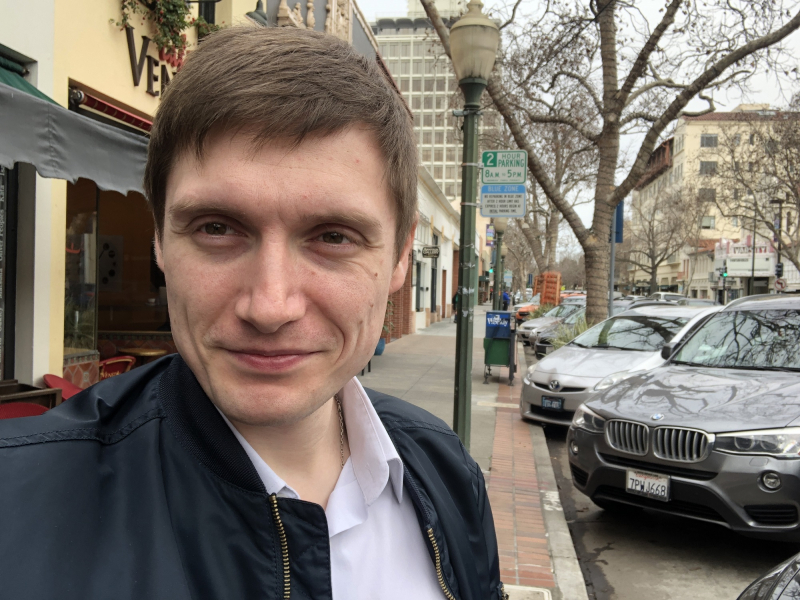
Our first hypothesis was the necessity of new types of manuals for household appliances. We checked it and were left content: people said that FASTEP made it easier to solve small issues in comparison with digging through printed manuals or searching the internet. We gathered feedback, completed custdev and contacted several household appliance manufacturers who could have been interested in adding our platform to their applications.
In the process of being accelerated, we found a new market which is also very promising: industrial equipment. As of now, we are at the level of testing and making early arrangements on several pilots. Despite the long process of negotiating the details with such clients and the coronavirus-related stall in digitalization, we hope to introduce the platform at several enterprises by the end of this year.
We took a decisive turn towards 5G equipment. Before communicating with specialists from MTS, we had no clear idea of the opportunities offered by this new communication method and the scale of the new trend of transferring computations to cloud servers. A deeper market analysis performed on the advice of colleagues from MTS really set our minds straight: such changes in technologies don’t happen every decade. And we want to ride this wave by providing a high-speed AI service on a lightweight headset, which has been impossible before.
I find it hard to imagine how a startup can develop without an acceleration program. A program really facilitates the development, gives lots of opportunities and motivation. Just two weeks before Demo Day, we successfully completed the Innovative Kuban accelerator, which was very beneficial. And in a couple of days, we are applying for MGNTech.
To tell you the truth, we’ve applied for many more programs. It’s not all places that they've accepted us, but that’s okay. But this makes us even more grateful towards mentors and the jury from ITMO and MTS.Just by the participants’ levels, you could tell that they are literally one step away from commercialization, and that’s hardware that we’re talking about. That speaks highly of both projects and mentors who recognized and developed their potential. And as for drawbacks – everyone has them. You need to notice them, acknowledge them, and deal with them as soon as possible – then you’ll succeed.
